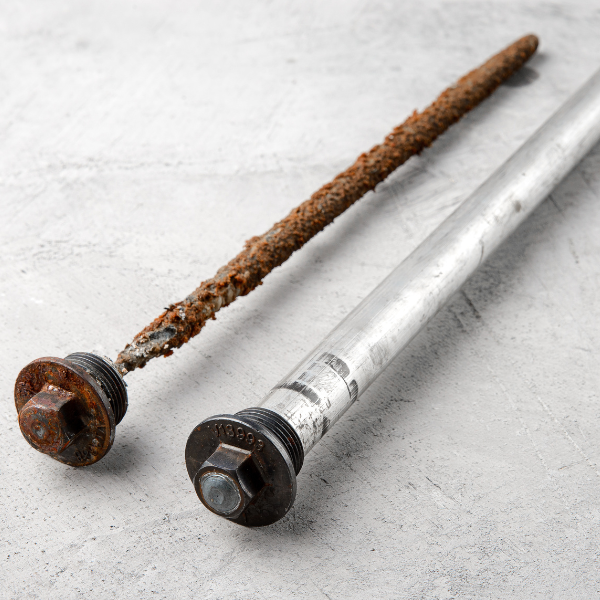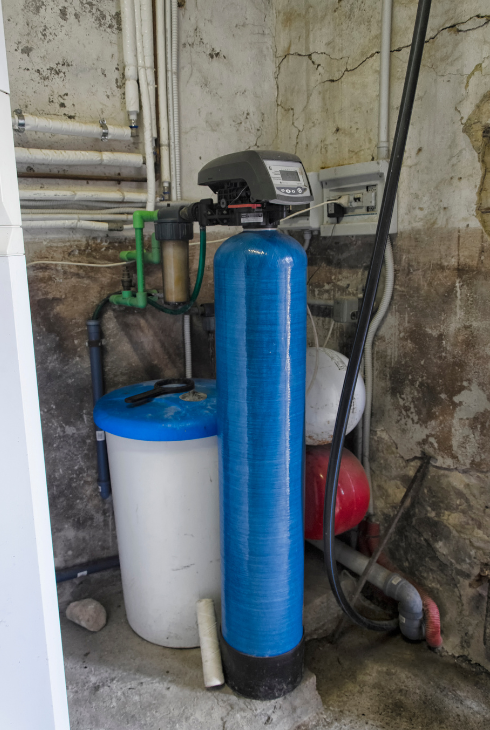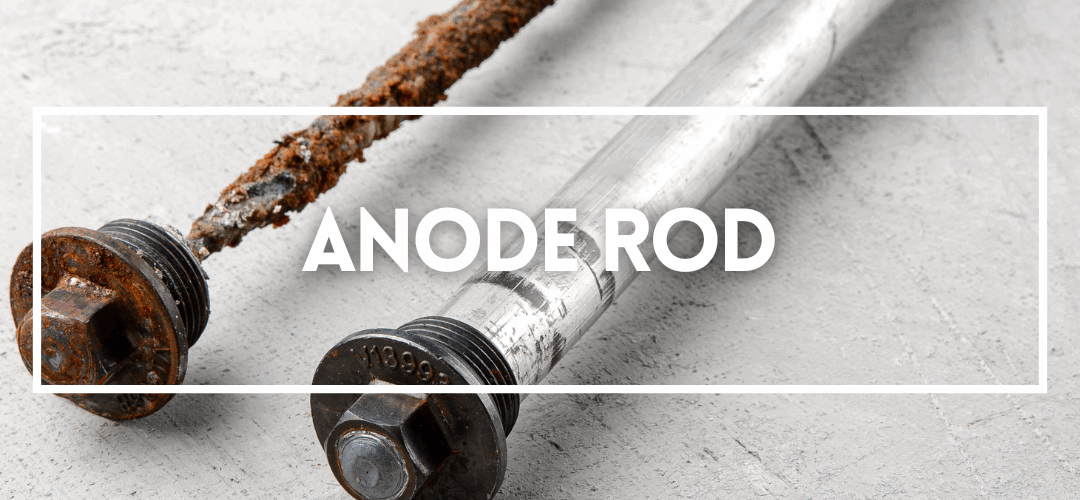Think your water heater is only going to last you six to eight years? Here at Canyon Plumbing Solutions, we don’t think so! Replacing a whole water heater is a big expense, and we believe with a little care, you can get much more life out of your current one – maybe even closer to 15 years!
One of the most important things you can do to keep your water heater running strong for longer is something you might not have even heard of: the anode rod.
What Exactly IS an Anode Rod?
Most standard tank-style water heaters come with a special rod inside called an anode rod. Think of it like a superhero for your water heater tank! The tank itself is usually made of steel, which can rust and corrode over time thanks to the water inside. The anode rod is made of a different kind of metal, usually magnesium.
Its job is to attract all the nasty minerals in your water that cause corrosion. Instead of attacking the steel tank, these minerals are drawn to the anode rod and bond with it. The rod basically “sacrifices” itself to protect the tank. Pretty cool, huh?


Why You Should Swap Your Magnesium Rod Early
Most new water heaters come with a magnesium anode rod. While magnesium works well in most water conditions, there’s a catch. Even brand new tanks can have tiny little cracks inside, sometimes from when they were shipped or installed.
That’s why, after your water heater’s first year, we strongly recommend swapping out that magnesium rod for one made of aluminium zinc. These materials are tougher and can offer better long-term protection for your tank, especially once it’s been through that initial year.
How Often Should You Show Your Anode Rod Some Love?
Here’s a simple guide to keeping your anode rod in good shape:
- After the first year: If your water heater has a magnesium rod, replace it with an aluminum or zinc one.
- Check Annually: When you flush your heater annually, check the Anode rod for wear and tear. FLUSH SEDIMENT OUT OF TANK.
After 5+ years: Keep checking your anode rod every few years. How it looks will tell you when it needs replacing. If it’s heavily eaten away, don’t wait – get a new one!
Got a Water Softener? Listen Up!
If you have a water softener in your home, this is extra important! Softened water can actually be tougher on magnesium anode rods. The softening process removes calcium and magnesium from the water, making the water more aggressive towards anode and breaking it down much faster.
So, if you have a water softener, our advice is to replace that magnesium anode rod with an aluminum or zinc one right away when you get your water heater. This will help it last much longer.
The Bottom Line: A Little Care Goes a Long Way
Replacing your anode rod might seem like a small thing, but it can make a huge difference in how long your water heater lasts. By following these simple tips and keeping an eye on your anode rod, you can help your water heater run efficiently for many more years and avoid the headache and cost of early replacement.
If you’re not sure how to check or replace your anode rod, or if you have any questions about your water heater, the team at Canyon Plumbing Solutions is always here to help! Give us a call – we’re happy to keep your hot water flowing!


